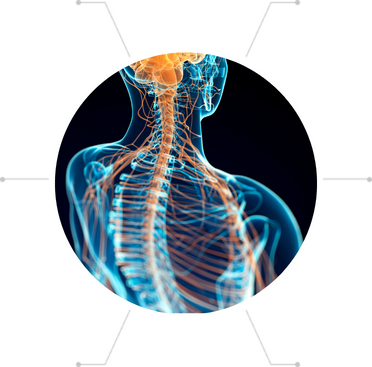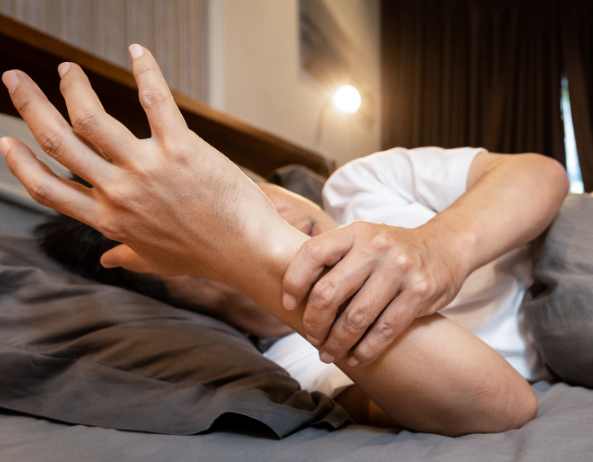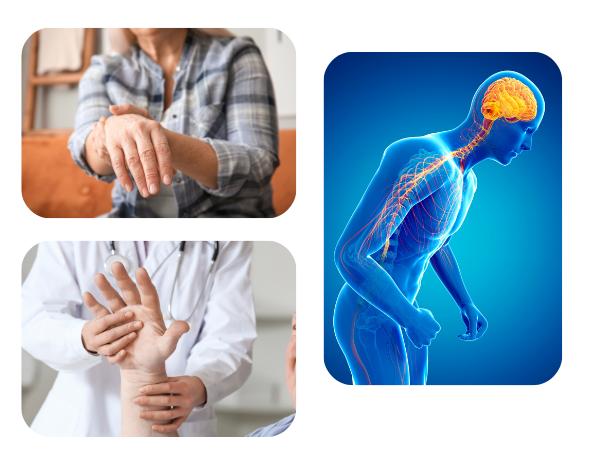- AyurVAID Pharmacy
Parkinsonism encompasses symptoms like slowness, stiffness, tremors, and balance issues. Atypical Parkinsonism, similar to Parkinson’s disease, is a neurodegenerative disorder but responds less to standard treatments. Atypical Parkinsonism includes disorders like Dementia with Lewy bodies, Progressive supranuclear palsy, and others. While not thought to be primarily genetic, causes are often unknown, and potentially linked to drug exposure or trauma. Diagnosis involves a thorough neurological examination and imaging techniques. In Ayurveda Parkinsonism is mainly known as Kampavata, which is a type of Vatavyadhi or Vata disorders. AyurVAID’s treatment targets Vata imbalance through herbal medicines, Panchakarma therapies, and rehabilitation.


AyurVAID’s precision Ayurveda treatment protocols address the root cause of the disease. Personalized treatment plans are crafted after a thorough assessment. Atypical Parkinson’s Ayurveda treatment includes herbal medicines, Panchakarma therapies, and Functional/Occupational therapy. The goal is to restore lost sensory-motor functions, aiming for enhanced well-being. A specialized neuro-rehab program offers a comprehensive approach to managing conditions like Atypical Parkinson’s and stroke rehabilitation, enhancing patients’ quality of life. Patient centricity is at the core of the AyurVAID approach.


Popular Searches: DiseasesTreatmentsDoctorsHospitalsWhole person careRefer a patientInsurance